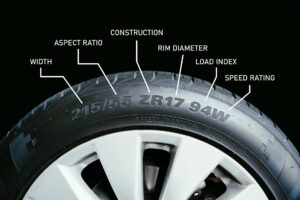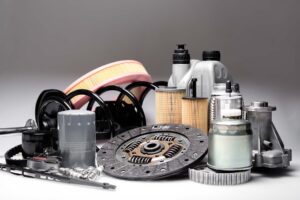Are you wondering ‘What mods can you do to a leased car‘ without stepping over the line? Leasing a vehicle doesn’t mean you have to compromise on personalization. In this comprehensive guide, we’ll explore the various modifications you can safely make to your leased vehicle. From understanding your lease agreement to navigating the intricacies of reversible and legal modifications, we’ll delve into how you can make a leased car feel uniquely yours while adhering to leasing guidelines.
What Mods Can You Do to a Leased Car?
You can safely indulge in a range of modifications, from reversible cosmetic changes like wraps and decals to non-invasive interior upgrades such as custom seat covers. Even certain tech enhancements and performance tweaks are possible, provided they respect the terms of your lease agreement and are easily reversible.
More than 20% of new four-wheelers in the US were leased in 2023. So, it’s completely reasonable if you’re one of them and want to make your ride more personalized. This guide will walk you through the various options available, helping you personalize your vehicle while staying within the boundaries of your contract.
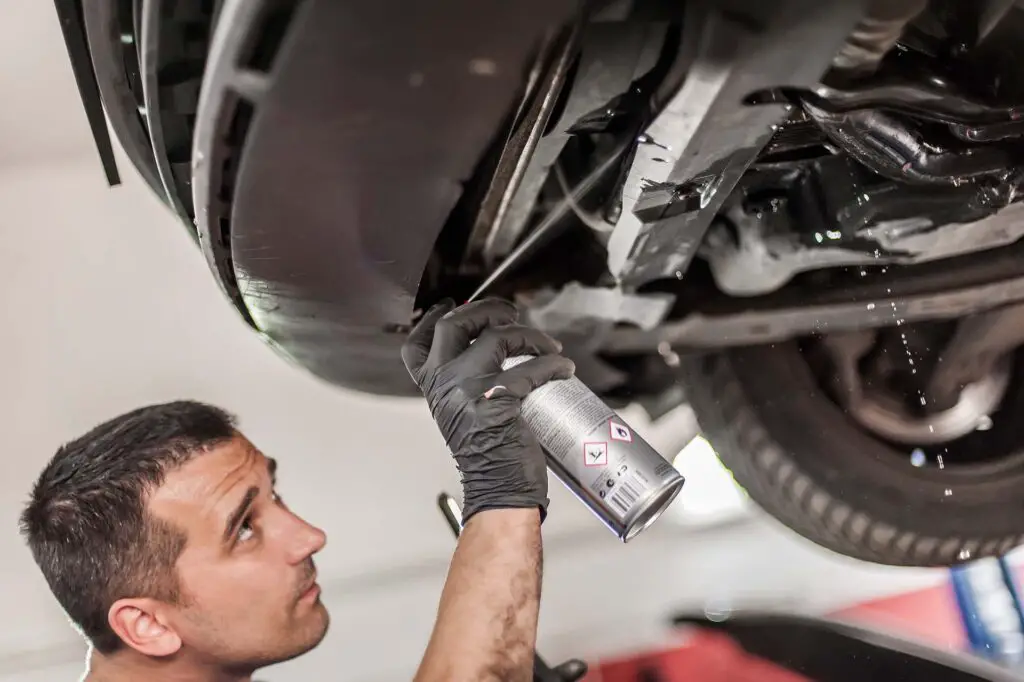
Read Thoroughly Your Lease Agreement and Understand All the Conditions
Embarking on the journey of leasing a four-wheeler comes with its own set of rules and obligations. One of the most critical steps is to thoroughly read and understand your lease agreement. This document is not just a formality – it’s a roadmap of what is permissible and what could land you in hot water.
Be Aware of All Restrictions and Permissions
Lease agreements are often laden with specific conditions, laying out a clear framework of acceptable and prohibited actions concerning your vehicle. Most agreements explicitly forbid major modifications or alterations that could diminish the vehicle’s value or functionality.
For instance, altering the engine, suspension, or body structure is usually off-limits. Even smaller changes, like window and sunroof tinting or custom paint jobs, might require approval. This precaution is rooted in maintaining the car’s resale value and ensuring it can be easily returned to its original condition at the end of your lease term.
Understand the Penalties for Unauthorized Mods
The consequences of deviating from the terms of your lease agreement can be severe and far-reaching. Unauthorized mods, especially those that significantly alter the vehicle’s appearance, performance, or safety features, can trigger hefty penalties for car owners.
These repercussions often include financial fines or, in extreme cases, early termination of your lease. This termination might not only mean returning the car but also paying for the remaining lease term or covering the cost of reversing the mods.
In some scenarios, unauthorized changes can even lead to legal disputes or affect your credit score. Therefore, it’s imperative for lessees to weigh the desire for personalization against the potential risks and costs. Before proceeding with any modifications, it’s advisable to consult your leasing agent or read the specific clauses in your agreement that address alterations.

Explore Some Safe Modifications for Leased Four-Wheelers
While there are often some limits to the extent of mods you can make, there are still numerous ways to safely add a personal touch to your vehicle. From cosmetic changes that make your car stand out to interior upgrades for a more personalized and comfortable driving experience, these options provide flexibility and style while remaining reversible and lease-compliant.
Cosmetic Changes Without Affecting Resale Value or Violating Lease Agreement Terms
When it comes to personalizing the exterior of your leased vehicle, safe and reversible mods are the way to go. Decals and wraps are excellent examples of such mods. These allow you to add unique designs, colors, and graphics to your car without making any permanent changes.
Not only do these mods enable you to express your personal style, but they also comply with most vehicle customization guidelines found in lease agreements. Additionally, when it’s time to return your vehicle at the end of the lease, these decals and wraps can be easily removed, restoring the original appearance. This aspect is particularly important as it ensures that you can enjoy personalizing your four-wheeler.
Smart Upgrades That Maintain the Vehicle’s Interior in Pristine Condition
Moving to the interior, there are various non-permanent upgrades that can significantly enhance your driving experience. Custom seat covers are a popular choice, allowing you to add a splash of color or a touch of luxury with materials like leather or suede, all while protecting the original upholstery. Similarly, premium floor mats can elevate the interior’s look while offering practical benefits like easier cleaning and additional protection.
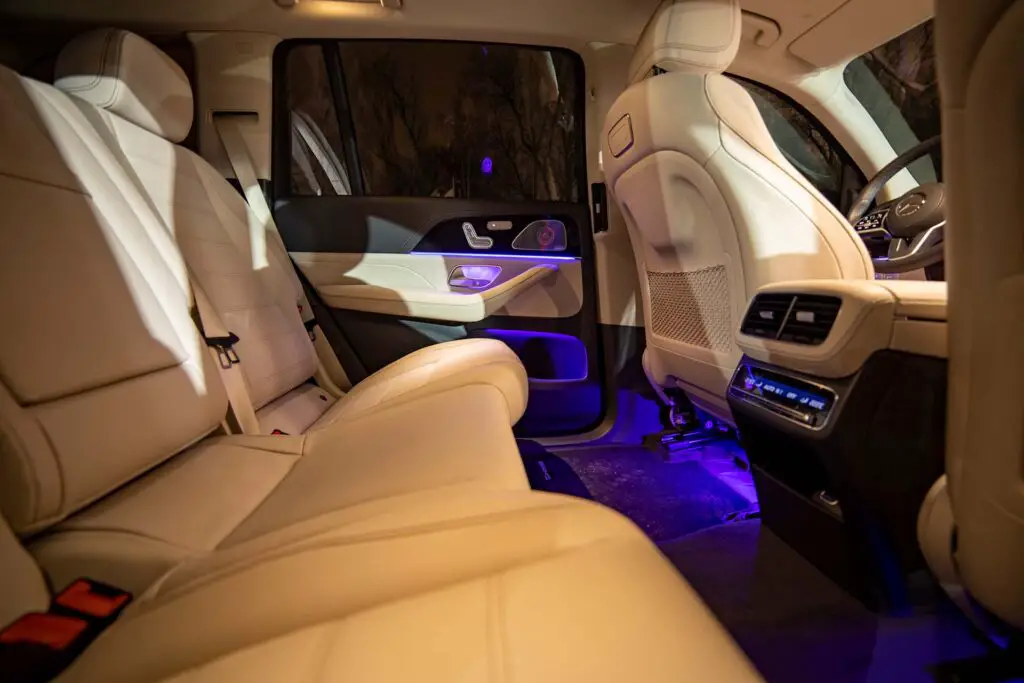
Performance Mods and Leased Vehicles
When it comes to leased vehicles, performance modifications can be tricky terrain to navigate. While the allure of enhancing performance is undeniable, it’s crucial to balance this desire with the legal and contractual limitations set by your lease agreement. Luckily, there are reversible car mods that can satisfy your need for improved performance without breaking your lease terms.
Reversible Performance Enhancements
Despite these constraints, there are performance enhancements that can be both safe and reversible, offering a compromise for enthusiasts. Some of the cool mods are removable tuning chips. This can temporarily improve engine performance without permanent alterations. Similarly, temporary suspension upgrades can enhance handling without permanently modifying the vehicle’s structure.
These types of modifications allow you to experience enhanced performance while ensuring that the car can be returned to its stock condition at the end of the lease. However, it’s imperative to consult your lease agreement in detail before proceeding. Checking the impact of these modifications on your vehicle’s warranty is also essential, as some reversible upgrades might still be frowned upon by manufacturers. Always prioritize staying within the legal and contractual boundaries to enjoy performance improvements without adverse repercussions.
Explore the Possible Risks of Performance Modifications
The temptation to boost the performance of your leased vehicle must be carefully measured against the potential risks. Common performance mods, such as engine tuning or exhaust system upgrades, often conflict with the terms of lease agreements. These agreements are designed to maintain the vehicle’s integrity and value, and unauthorized alterations can lead to serious consequences.
Additionally, performance mods can void the manufacturer’s warranty, leaving you financially responsible for any related damages or malfunctions. Beyond the contractual and warranty issues, legal implications also arise, as some modifications may not comply with state and local vehicle regulations, no matter if they are the best or the worst car mods.
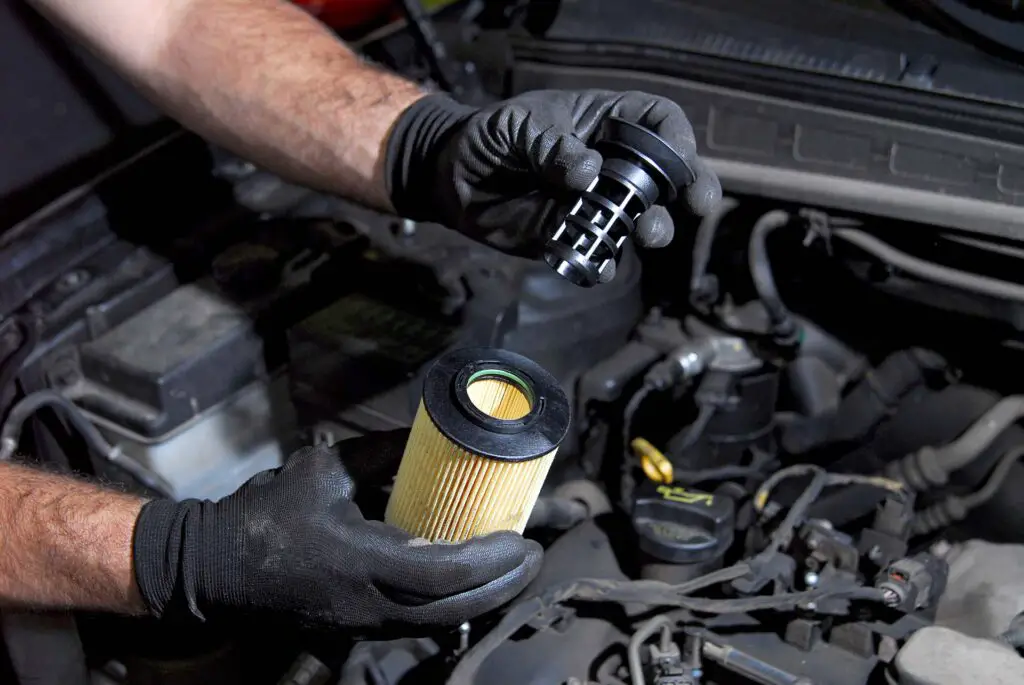
Electronic and Tech Upgrades That Will Modernize Your Ride
In an era where technology is constantly evolving, keeping your leased car up-to-date with the latest electronic and tech upgrades can significantly enhance your driving experience. While many might assume that tech upgrades are off-limits in leased vehicles, there are actually several safe and reversible options available. Let’s explore how you can modernize your leased vehicle without breaking your lease terms.
Infotainment and Connectivity Upgrades Are the Easiest to Install
One of the most satisfying upgrades you can make to your leased vehicle is enhancing the infotainment system. Modern plug-and-play devices offer an easy and non-permanent solution to improve connectivity and entertainment capabilities.
These devices can range from advanced navigation systems to superior audio enhancements, providing a more enjoyable and connected driving experience. The beauty of these upgrades lies in their simplicity and reversibility. They can be easily installed without altering the vehicle’s wiring or internal systems and just as easily removed when your lease ends.
Advanced Driver Assistance Systems (ADAS) Are Possible Automotive Upgrades
The addition or upgrade of Advanced Driver Assistance Systems (ADAS) is another way to boost safety. Modern ADAS technologies, such as lane departure warnings, adaptive cruise control, and automatic emergency braking, significantly enhance the safety and convenience of your vehicle.
When selecting ADAS upgrades, it’s essential to opt for systems that are compatible with your vehicle and do not require invasive installation. Many advanced safety features are now available in portable, easily installable formats that don’t require permanent changes to the vehicle. This approach allows you to benefit from enhanced safety features while remaining compliant with your lease terms.
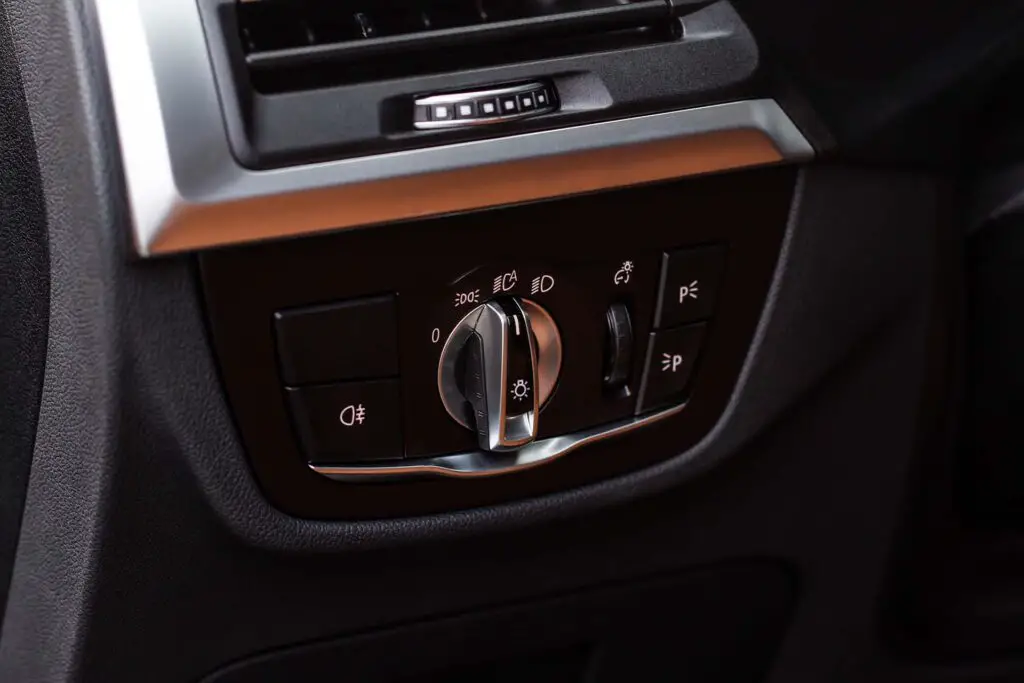
Wheels and Tire Modifications Are Great Temporary Vehicle Enhancements
Modifying the wheels and tires can be an effective way to personalize its appearance and improve its performance. However, it’s essential to navigate this aspect of customization with caution. For cosmetic changes, it’s advisable to retain the original set and reinstall them before your lease expires.
In cases where wheel or tire replacement is necessary due to wear and tear, it’s important to discuss this with your leasing company to confirm that the replacements are acceptable. Additionally, verify whether the original wheels or tires are covered by a warranty before proceeding with any changes.
Modifying wheels and tires is a popular form of vehicle customization. However, it’s important to adhere to your lease terms and ensure that any changes can be reversed. Always revert to the original specifications at the end of your lease.

Legal Considerations for Auto Lease Modifications
When contemplating modifications on a leased vehicle, it’s crucial to consider the legal implications that accompany such changes. Each state and locality has its own set of vehicle modification laws, which can vary significantly in terms of what is permissible. These regulations often encompass aspects like window tinting, exhaust system modifications, and even the height of the vehicle.
Ignoring these laws can lead to legal penalties, including fines or a vehicle failing its inspection. Furthermore, modifications might also impact the insurance coverage of your vehicle. Many insurers require notification of significant changes to the vehicle, and failure to do so could result in a policy void or denied claims in the event of an accident.

Best Practices Without Car Leasing Penalties
When it comes to modifying a leased four-wheeler, adhering to a set of best practices can ensure a smooth and compliant process. These practices not only help in maintaining the integrity of your lease agreement but also in safeguarding your interests as a lessee. Key practices include:
Consult Your Dealer
Before undertaking any modifications, it’s crucial to have a conversation with your leasing dealer. This step helps in understanding what alterations are permissible under your lease terms and can prevent any misunderstandings or violations of the agreement.
Keep Detailed Records
Maintain comprehensive documentation of all modifications and relevant communications. This should include receipts, detailed descriptions of the modifications, and any correspondence with the dealer or modification service providers. These records can be invaluable in case of disputes or when it’s time to return the vehicle at the end of the lease.
Understand the Reversibility of Mods
Ensure that any modifications you plan to make are easily reversible. This is vital for returning the four-wheeler to its original state at lease-end without incurring additional costs. Choose modifications that can be undone without leaving lasting marks or requiring extensive work to restore the original condition.
Finding the Right Balance in Modifying Your Leased Car
Modifying a leased four-wheeler requires a careful balance between personalization and adherence to lease obligations. By understanding your lease terms, considering legal and insurance aspects, and choosing reversible modifications, you can enjoy a personalized driving experience while respecting your leasing agreement. Remember, staying informed and cautious is the key to successfully Personalizing leased cars.

